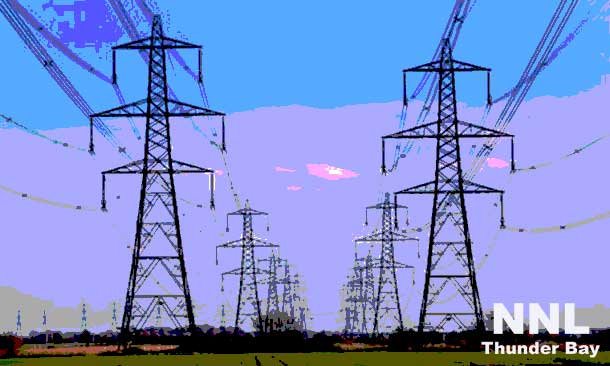WET’SUWET’EN FIRST NATION, PALLING, BC – ENERGY – The Wet’suwet’en First Nation (WFN) Chief and Council are pleased to confirm the signing of the LNG pipeline benefits agreement with the Province of British Columbia.
The WFN will receive approximately $2.8 million from the province at three different stages for the Coastal Gas Link (CGL) gas pipeline project:
- $464,000 within 90 days after signing the agreement
- $1,160,000 when pipeline construction starts (scheduled to begin in 2015)
- $1,160,000 when the pipeline is in service
The WFN will also receive a yet-to-be-determined share of $10 million in ongoing benefits for the life of the pipeline – estimated at 25 to 35 years.
Chief and Council will work collaboratively with the province and other neighbouring First Nations on the Environmental Stewardship Initiative (ESI), to which the province has committed $30 million. The development and inclusion of this initiative was the top priority of Chief and Council before moving forward with the agreement.
Our leaders have signed agreements with the province with the explicit understanding that the environmental assessment process has to ensure best practices in the world. We have agreed to LNG projects – but maintain our opposition to oil projects in our territory. In our current agreement with Chevron (formerly Pacific Trails Pipeline) and Coastal Gas Link, we have ensured the inclusion of the clause which states at no time will this pipeline agreement, even if sold to another company, be converted to transporting oil or bitumen. The transportation of natural gas in this form ensures that minimal risk to wildlife and the environment occurs. We would remind everyone that there is already an existing line and the proposed LNG line will not be substantially disturbing the lands (a final expansion of approximately 5 metres per side) This will help minimize any disturbance of wildlife and allow for continued traditional use for hunting, trapping, gathering.
“We are fully concerned about maintaining the environment while pursuing economic opportunities that will provide sustainability to our community. We have taken a leap of faith to sign these agreements because we are aware that these are time sensitive opportunities,” says Chief Karen Ogen.
Proposed ESI programs include:
- culvert removal/upgrade,
- beaver dam management,
- stream and riparian enhancement and restoration,
- access to traditional sites,
- riparian livestock/fencing management,
- moose winter range enhancement, and
- road access decommissioning and reclamation.
The province has also announced a $30 million education and training fund. Chief and Council will apply to the fund to develop the required employment skills needed for WFN members to work on the pipeline. Reg Ogen has been tasked with overseeing the creation of an Education and Training plan to get WFN members working in the construction phase of the project.
Most of the funds will not be received until after the in-service date of the pipeline. Chief and Council will be calling a special community meeting in early 2015 to consult with members on spending priorities and schedules. In addition, Chief and Council are recommending immediate spending priorities related to infrastructure development and the elimination of past deficits and debts.
In the lead-up to the signing of this agreement we have held numerous community member meetings, consulted with our hereditary chiefs, and consulted with numerous experts to minimize the environmental impacts of the project while maximizing benefits to the community.
“Although we would have loved to have had 100% support for this initiative, there are still those who speak out against it. Far too often change is opposed simply for the sake of argument; we fully respect those with differing opinions, but this process has been transparent and inclusive from the start,” says Chief Ogen.
Ogen continues:
Our goal is to show everyone that we are taking a proactive approach, taking part in this process and ensuring that these monies benefit our community now and in the future through the Four Pillars: health and wellness programs, education and training, cultural programs, and housing and infrastructure.
In the recent months, we have seen many different positive developments in our community, including a reduction in those on social assistance and increased education and training for many members. We have great plans to address some of the systemic problems which our community – and many other First Nations – face when it comes to the issues of government dependency, shaking the ill effects of the Indian Residential Schools, poverty, housing, health, and language and cultural programs.
This signing isn’t just about the money; this is about ensuring a better future for our members – one which would not be realized without this opportunity. It’s important to remember that this is an agreement with the province that ensures WFN has a say in, and will benefit from, all future development which may be implemented.
This is NOT an oil pipeline. We remain opposed to them because of their serious potential environmental impacts on our territories and traditional hunting grounds. This is liquefied natural gas, which has minimal risk during its transportation through these pipelines. We are confident that this opportunity will be beneficial not only to WFN but many other progressive nations as well.






